 (4.5 / 5)
(4.5 / 5)
Before this performance, it felt different to other things I have seen and reviewed because I didn’t have any expectations prior, and I didn’t feel a certain kind of energy from the audience, so I had no idea what to expect from this show. I also couldn’t make any notes when I was there, I was so engrossed that I couldn’t put anything into words.
It was based 8 months after the Aberfan disaster of 1966, which, if you don’t know, is when there were colliery spoil tips created on a mountain slope which collapsed, and it very sadly crashed into the school and surrounding homes. 116 children and 28 adults died. The play is about mothers who meet once a week in a support group, and it explores how different mothers are affected/ how they are coping with the grief of losing a child to this disaster, and a particular week where a woman from Revlon volunteers to come to Aberfan to give a makeup/ beauty demonstration to these mothers.
This was a riveting and powerful performance. There wasn’t any projection or lighting changes, which I think fitted this play because it removed the fluff and made you focus on the root. All they had was the sound effect of water dripping, as there was a leak in the building. This was powerful in itself because it symbolised the tension and grief, it symbolised the loss and it symbolised their states of melancholy.
Each character came across as strong and dealing with the grief in their own way. Sian had lost her son and her husband didn’t want to look at her after she caught him sobbing, and she wanted a child. She kept quite optimistic and was a try to keep the peace character. Marilyn kept hoping and couldn’t quite believe that her children wouldn’t ever come back. Rona swore a lot and was very abrupt, and she was looking to move out of the town with her husband because, as we later learnt, she couldn’t face seeing the other mothers around the town, couldn’t face the grief that was permanently etched on their faces. Jean was pregnant (she thinks she became pregnant a few days before the disaster) and she had a surviving daughter, but her son who she was sure would have gone places and travelled far, died in the disaster as he was in the school at the time. She resents her daughter because on the day of the disaster, her daughter had said she was sick so didn’t go into school, and at a later date her daughter had gone out to play and complained that there was no one to play with, so she resents how her daughter seems to complain a lot and is not appreciative that she is alive, but also because she seems to have favoured her son whom she lost rather than her daughter who was kept alive. I believe the character subconsciously would rather her son be alive than her daughter because she knew her son would travel and make an impact in the world, whereas she knew her daughter wouldn’t do anything, just stay in the town when she grew up. The way that Jean copes with the disaster is to believe that God had a reason for wanting all those children to be by his side, whereas Rona completely disagrees with this, and isn’t afraid to voice her opinions.
The only fragile thread that ties these women together is that their children died (in a preventable accident), and there is no way that they would come together in this way if the disaster hadn’t have happened. By the end, they were a bit closer because they understood how each other was dealing with the grief.
For me, I couldn’t relate and empathise with these characters as much as a parent would, I think, because a parent can certainly relate to the Aberfan mothers in as much as the thought of living in a world where your child has passed away seems impossible, whereas for me, I don’t think it impacted me emotionally as much as it might in the future after I have a child, because I can’t feel the same feeling as a mother, however I was still able to sympathise.
The character that came from Revlon I think was also quite integral to the story, because it was her coming that brought their feelings up, and brought them together by the end. The character (referred to as Revlon in the duration of the performance except at the end where she is revealed to be Charlotte) had a secret that related her slightly to these women. She went through losing a brother and seeing her mum deal with the grief after he died. The only way her mum could face the world is putting some makeup on, and Charlotte helped her mum when her hands were shaking so much that she couldn’t put her lipstick on. She originally volunteered to go to Aberfan and give a demonstration because she thought she could help these women feel better, but once she was there, she tried to back out because she realised how naïvely she had thought these women could feel better with makeup, but how could makeup, how could anything help these women feel better? In the end, we realised the answer; they just needed something to help them face a different world and to support each other.
 (4 / 5)
(4 / 5)
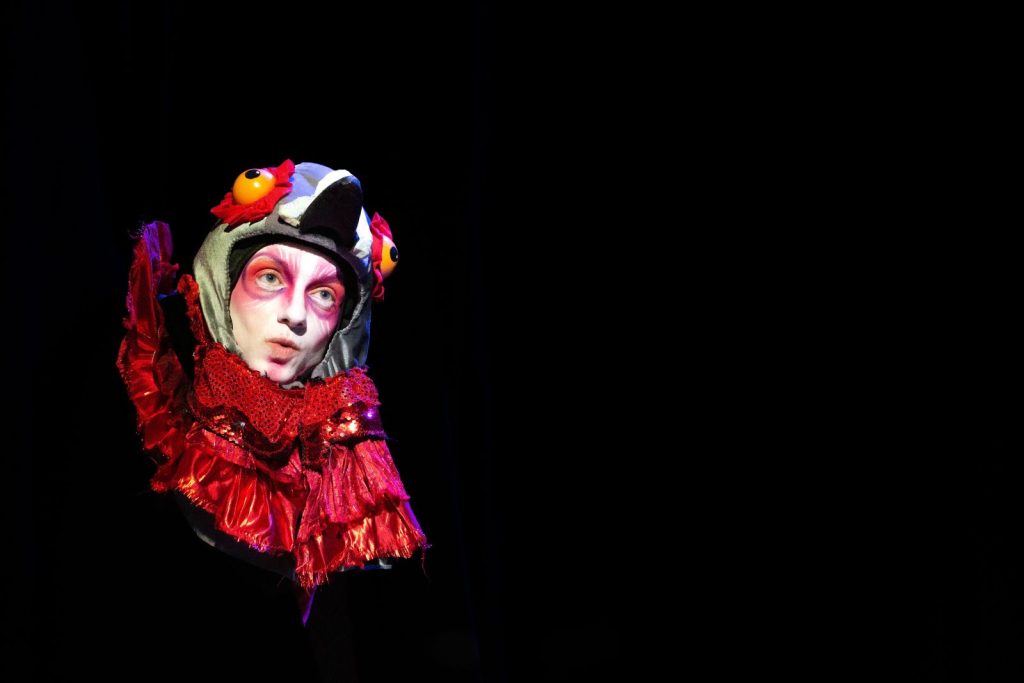

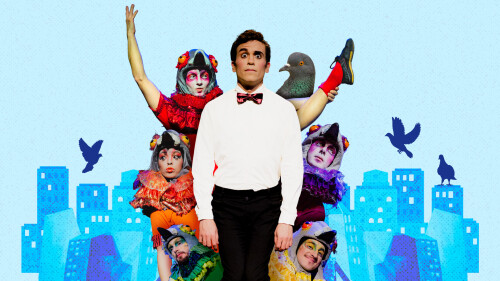
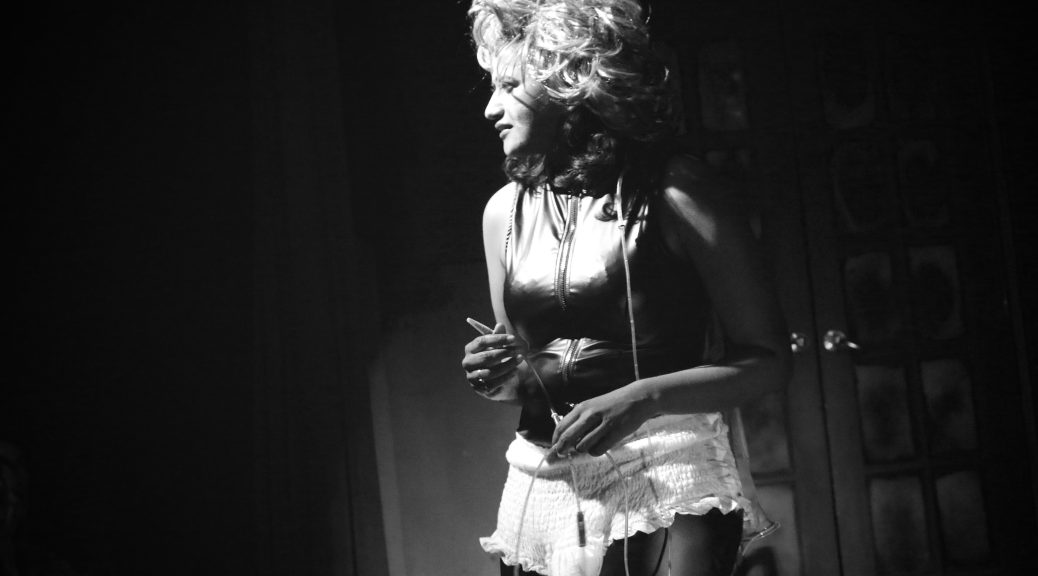
 (3 / 5)
(3 / 5)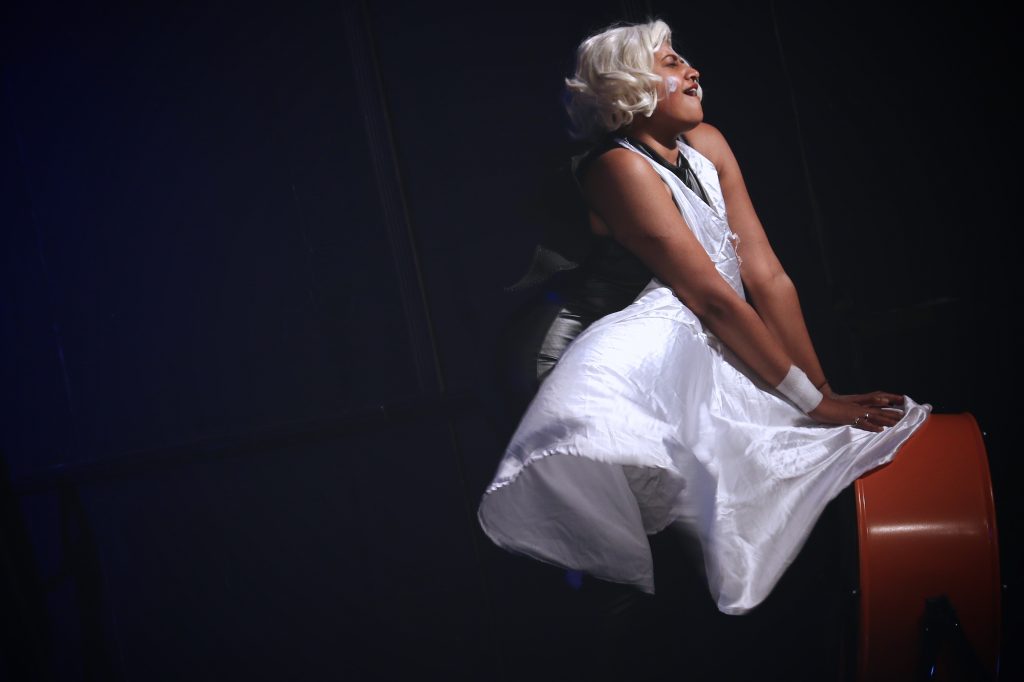
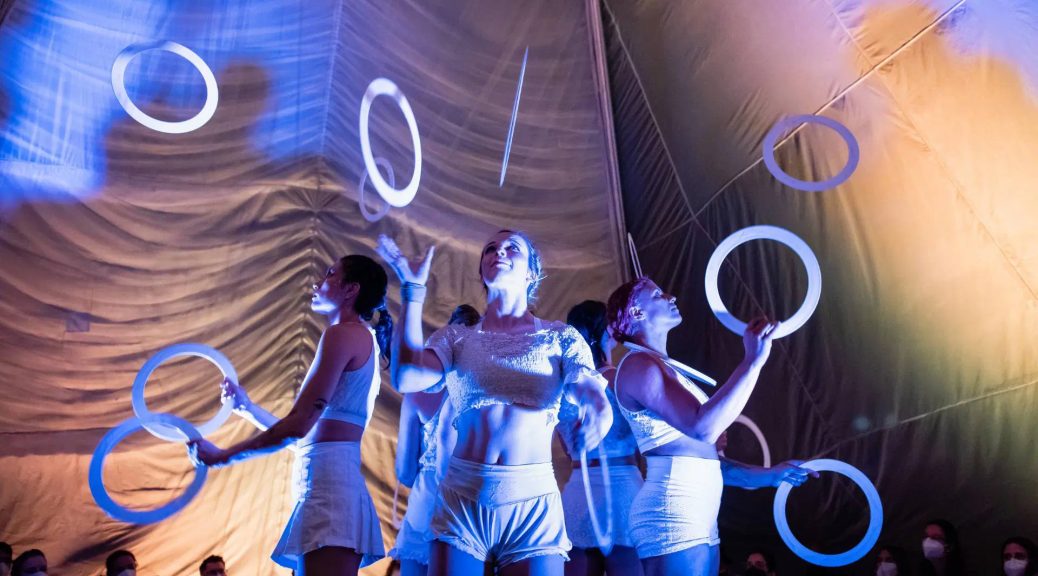
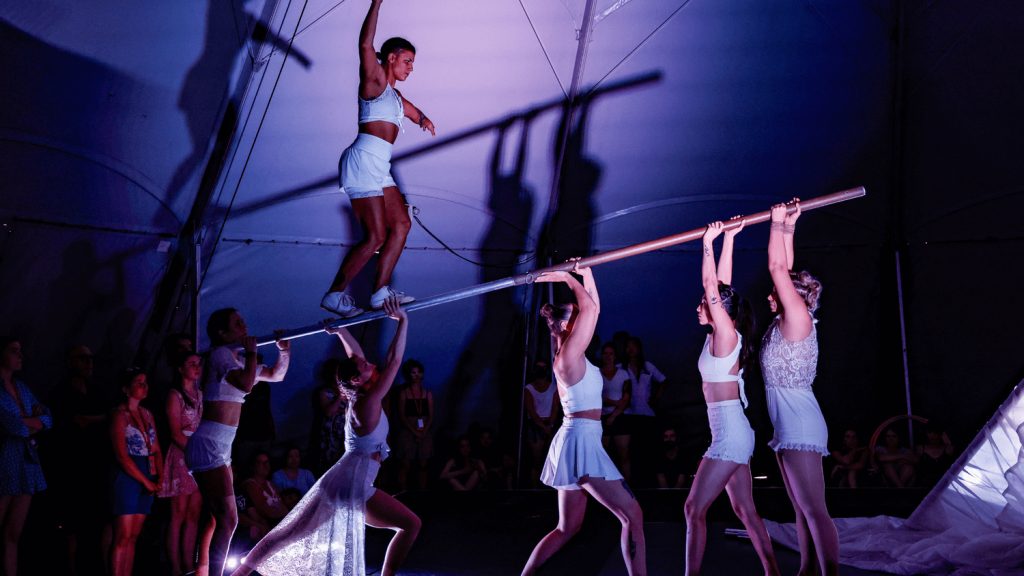
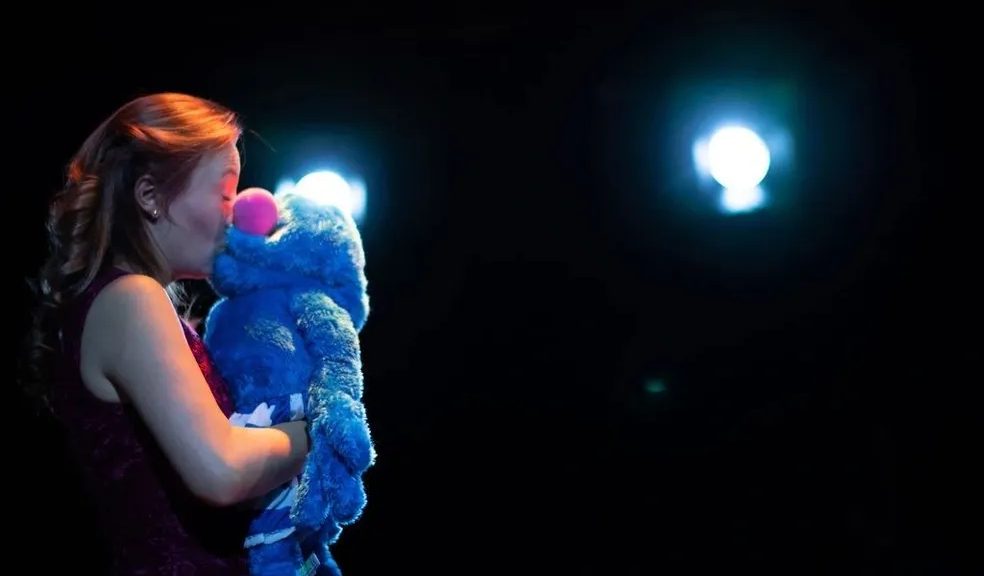
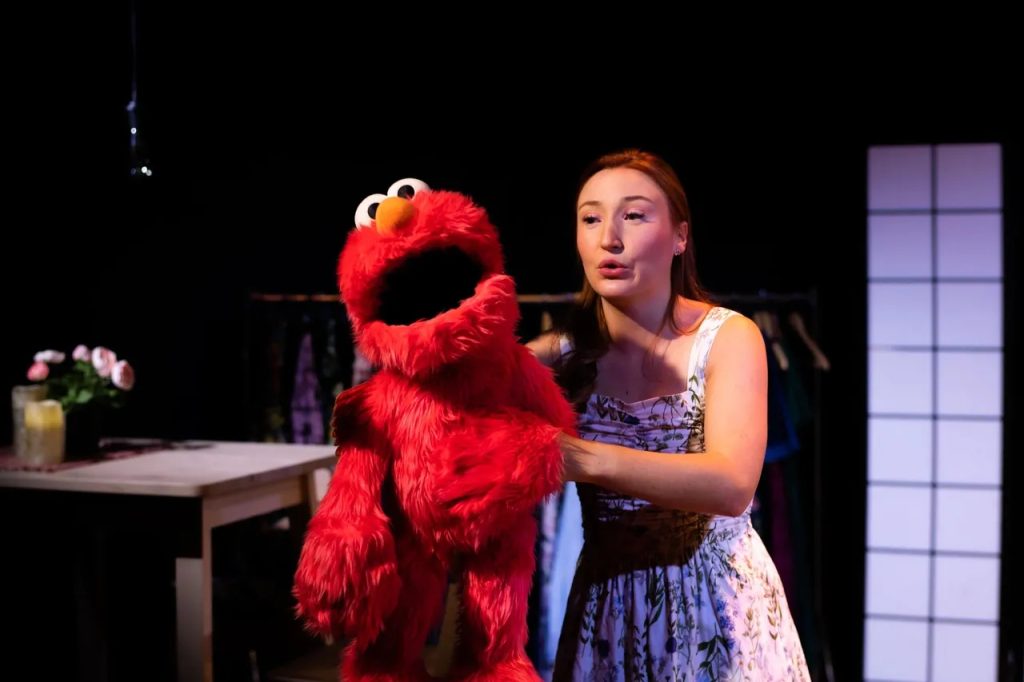
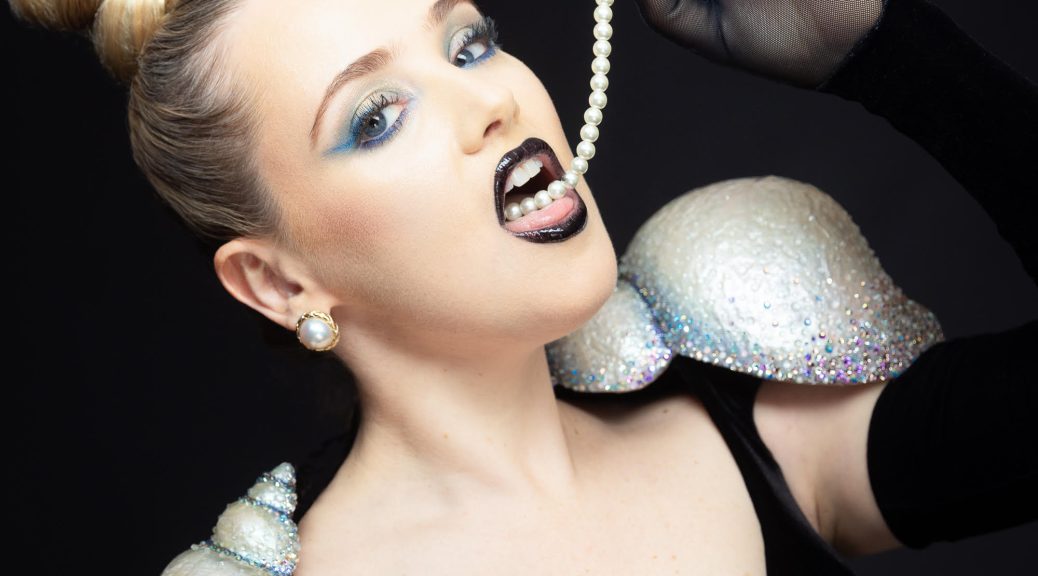
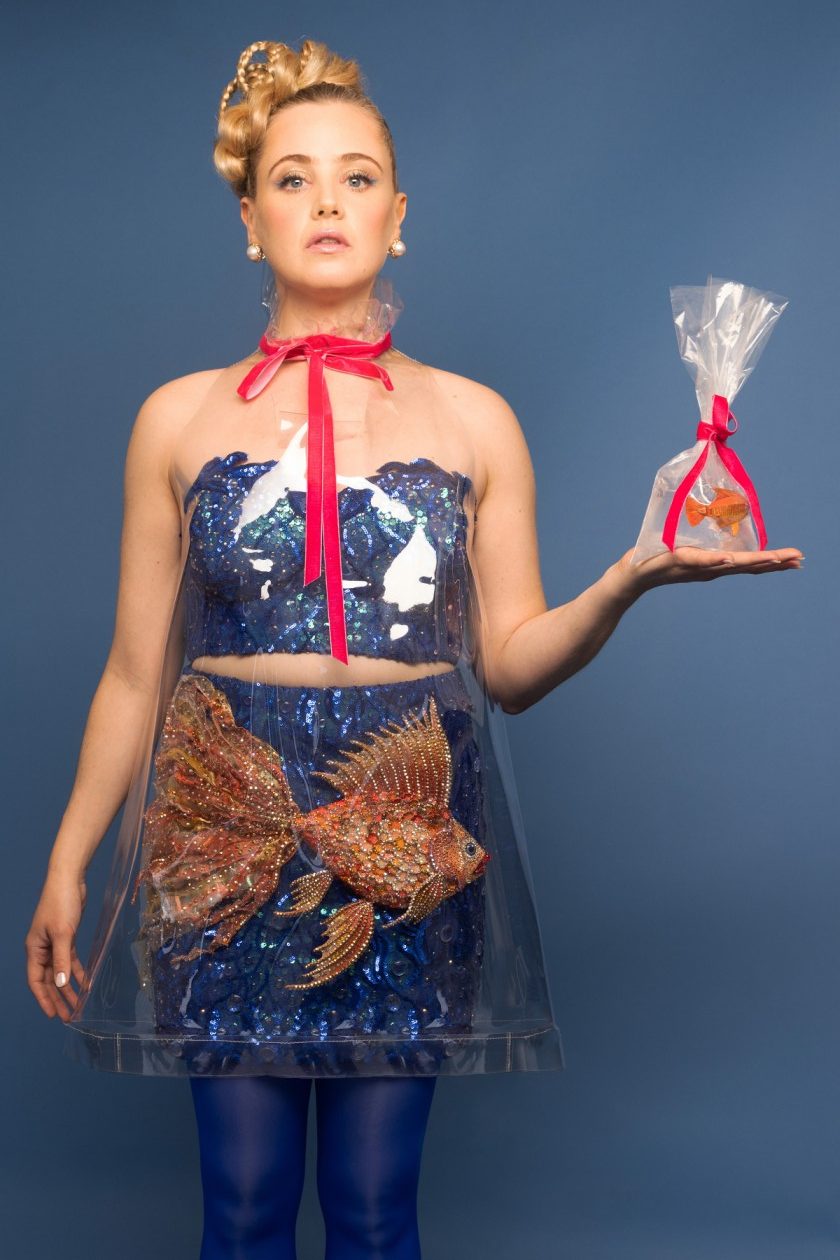
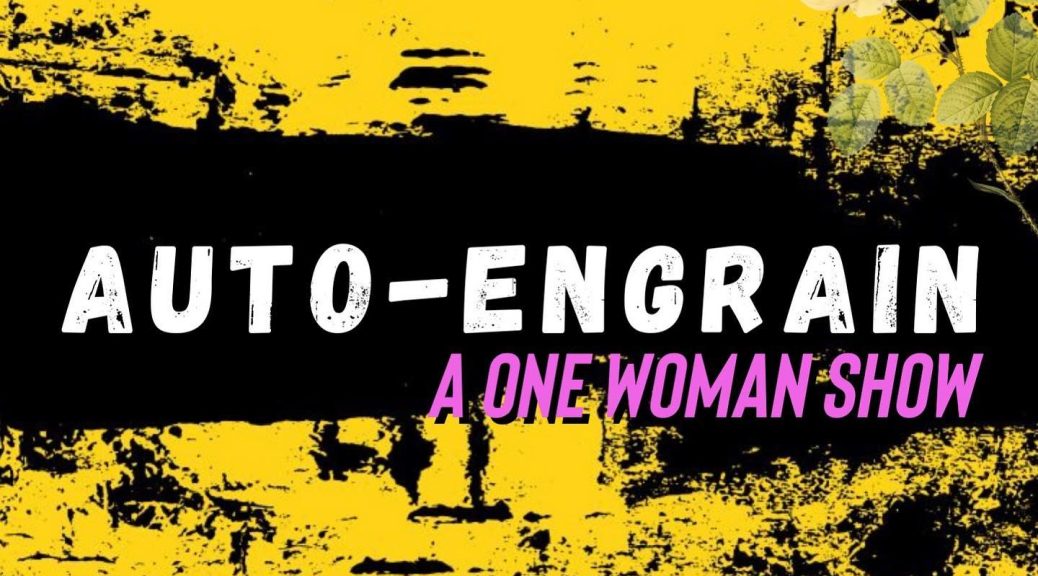

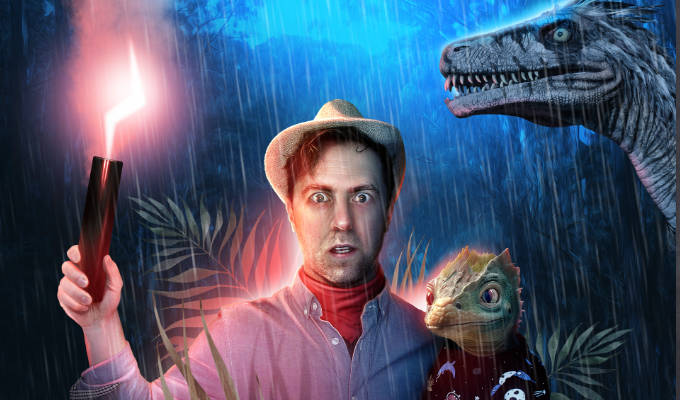
 (5 / 5)
(5 / 5)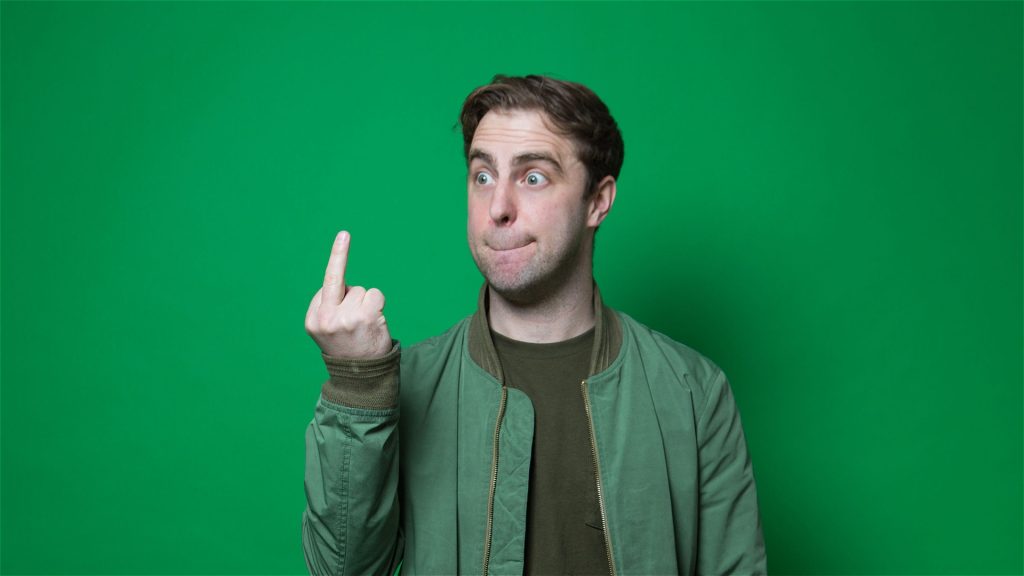
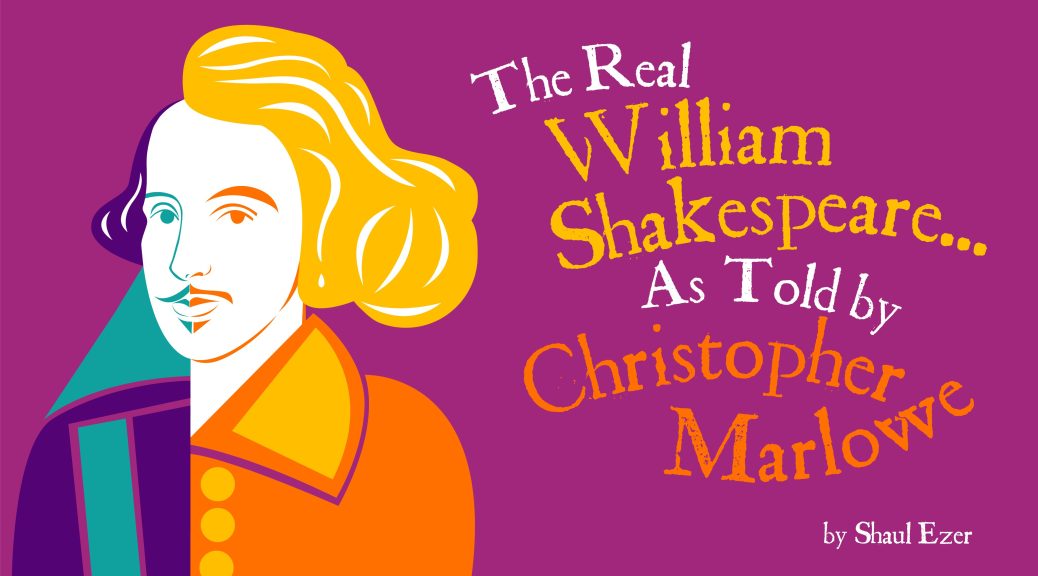
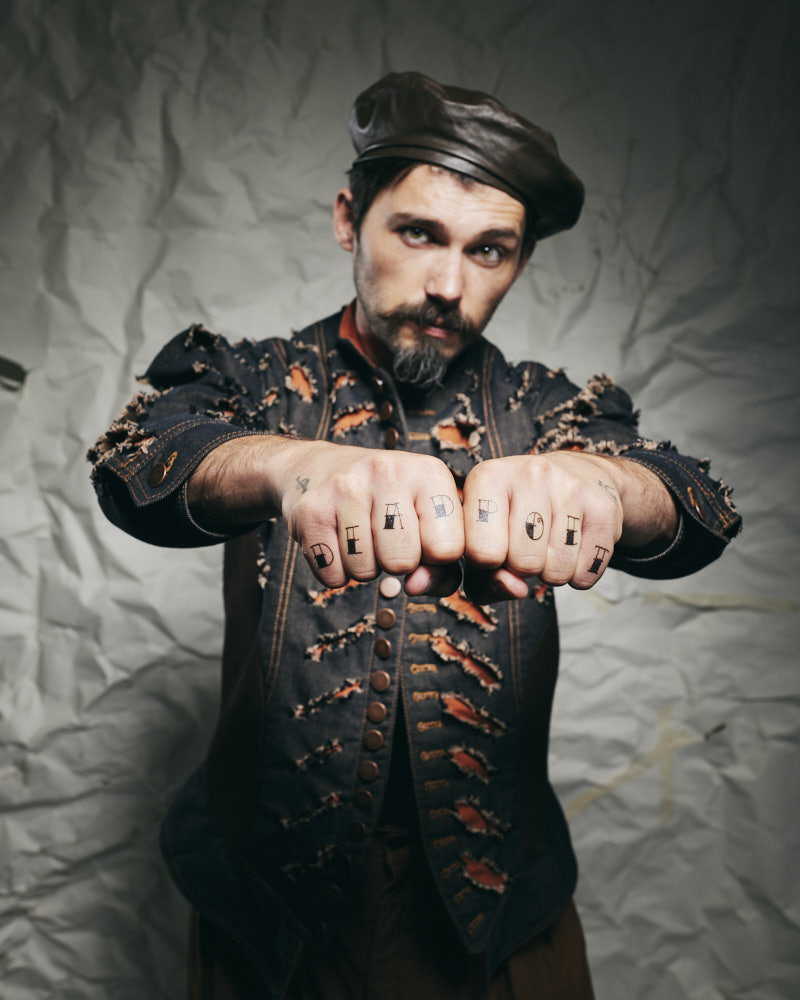
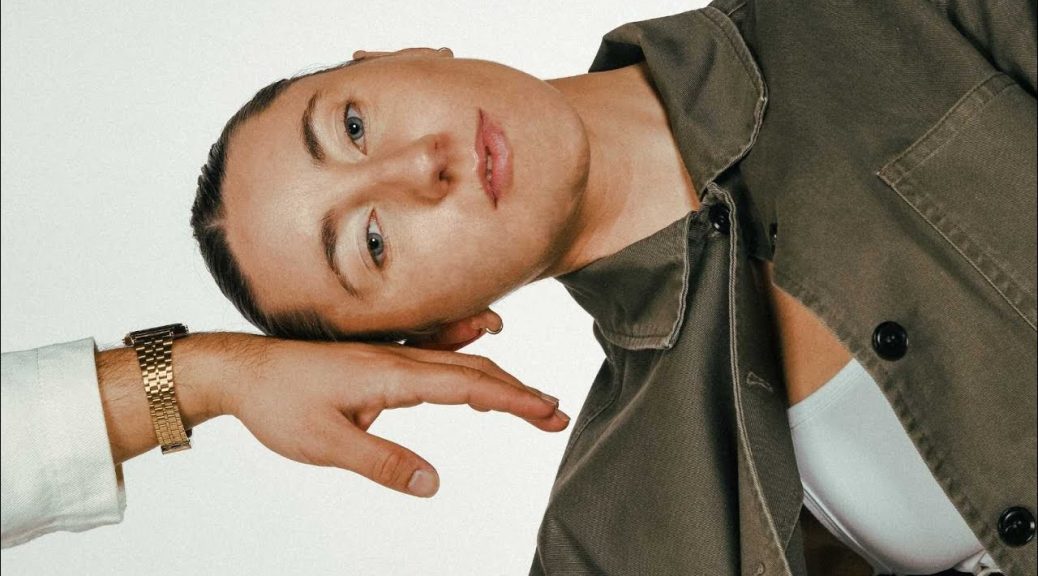
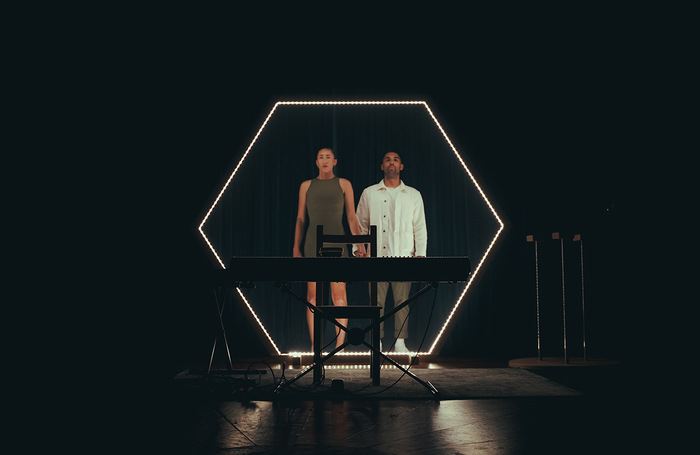
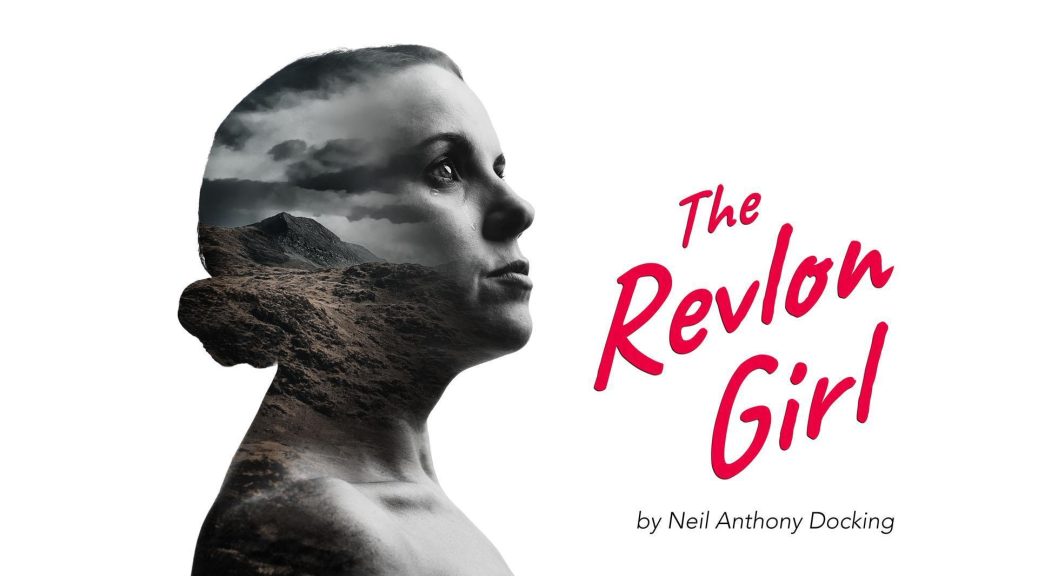
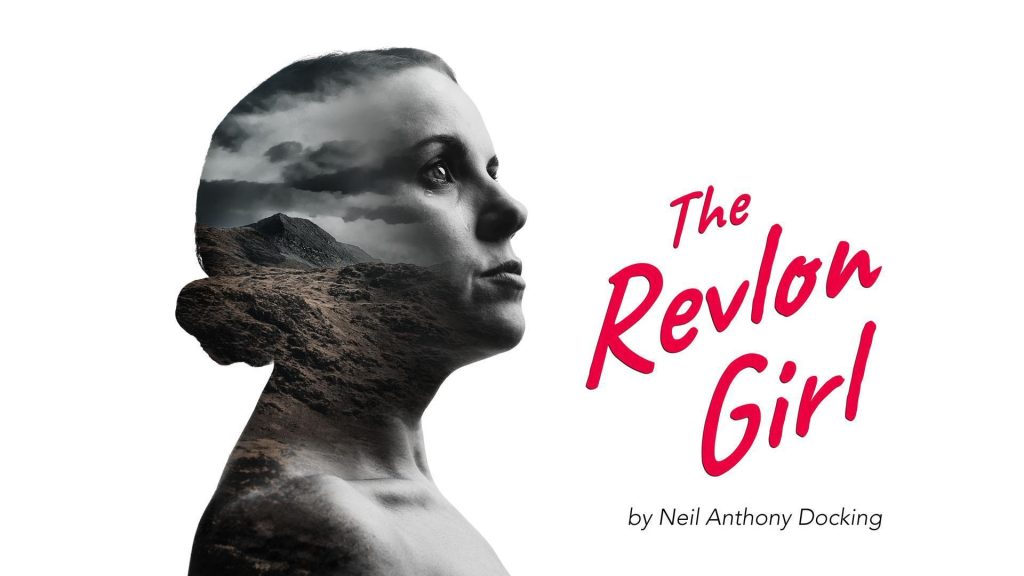
 (4.5 / 5)
(4.5 / 5)